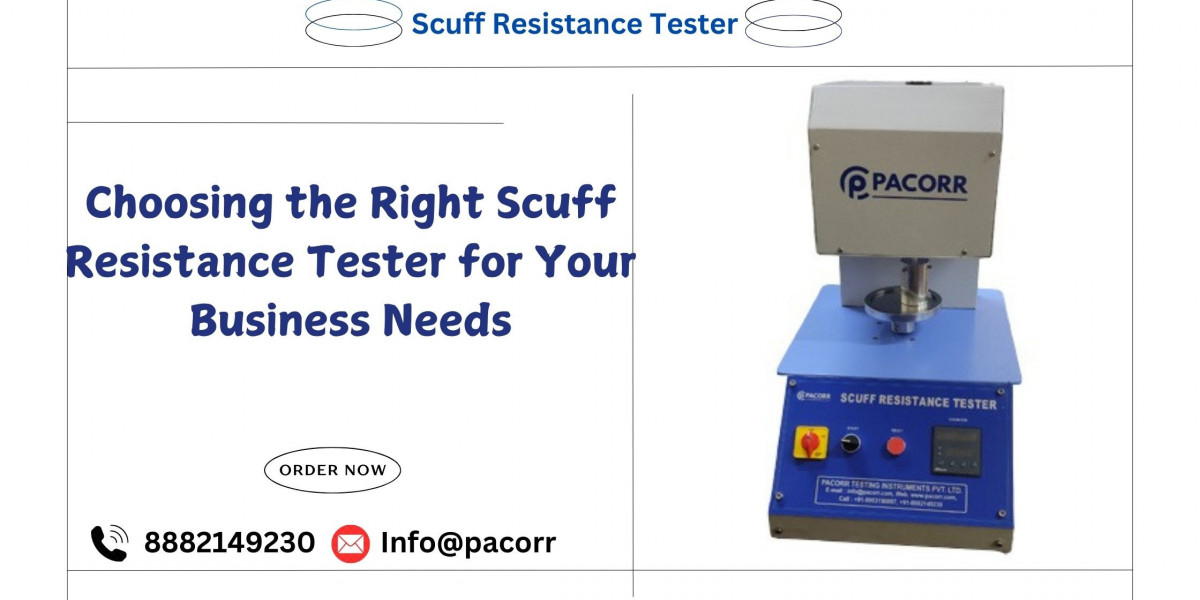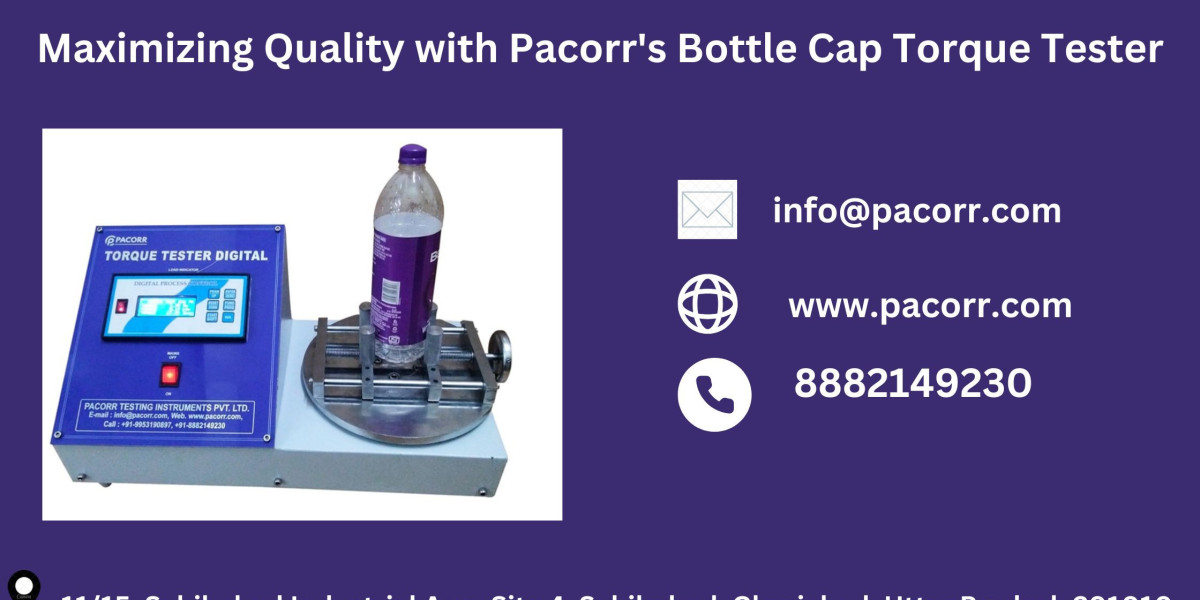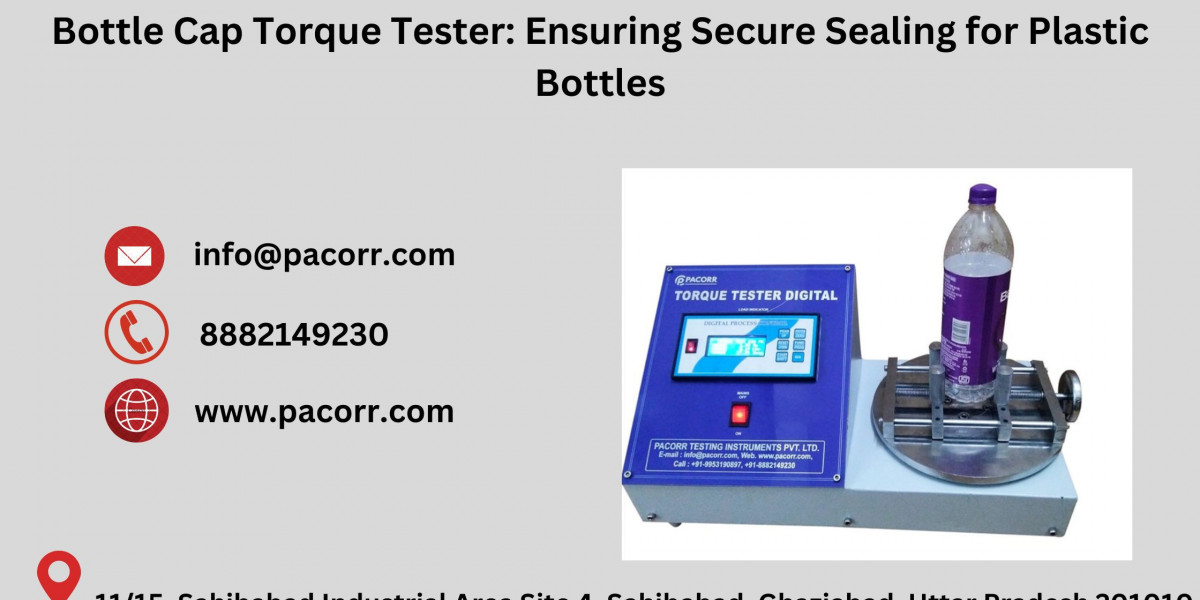If you're looking to learn about Scuff Resistance Tester, their applications, and why they are essential for your business, this comprehensive guide has everything you need to know.
What is a Scuff Resistance Tester?
A scuff resistance tester is a specialized piece of equipment used to measure the resistance of a material's surface to abrasion or scuffing. Scuffing refers to the damage or wear caused when two surfaces rub against each other, often resulting in scratches, smudges, or a deterioration in appearance. This type of damage can compromise the aesthetic and functional qualities of a product, especially in industries where visual appeal and durability are critical.
Scuff resistance testers are widely used in industries like:
- Packaging: To test labels, cartons, and printed packaging materials.
- Automotive: For checking interior materials such as dashboards and upholstery.
- Textiles: To evaluate fabric durability.
- Printing and Publishing: To ensure printed materials maintain quality during handling.
Why Scuff Resistance Matters
Scuff Tester is a vital property for products that undergo frequent handling, transportation, or exposure to abrasive environments. If a product's surface is prone to scuffing, it can lead to several issues, including:
- Reduced Shelf Appeal: Damaged or worn packaging can make products less attractive to consumers, impacting sales.
- Compromised Branding: Logos, labels, and product information printed on packaging can become illegible if the surface isn't scuff-resistant.
- Decreased Product Lifespan: Materials with poor scuff resistance wear out faster, reducing their usability and overall lifespan.
- Customer Dissatisfaction: Products that arrive damaged or appear worn can erode customer trust and satisfaction.
By using a scuff resistance tester, manufacturers can ensure their materials meet the required standards of durability and appearance.
How Does a Scuff Resistance Tester Work?
A scuff resistance tester evaluates the resistance of a surface to scuffing by simulating the wear and tear caused by friction. Here’s a step-by-step overview of how it typically works:
- Sample Placement: The material to be tested is securely placed on the testing platform.
- Pressure Application: A controlled amount of pressure is applied to the sample through a scuffing element, such as a rubber or abrasive pad.
- Friction Simulation: The machine replicates scuffing by moving the abrasive element against the sample in a predetermined pattern, speed, and pressure.
- Result Analysis: After the test, the material is evaluated for visible damage, such as scratches or wear marks. The results are quantified based on industry standards.
Key Features of Modern Scuff Resistance Testers
Today's Scuff Resistance Tester Manufacturer are designed with advanced features to provide accurate and reliable results. Some of the most notable features include:
- Digital Display and Controls: Easy-to-use digital interfaces for setting test parameters like speed, pressure, and duration.
- Adjustable Test Modes: Customizable settings to simulate different real-world conditions.
- Durable Construction: High-quality materials ensure the tester can handle frequent use in industrial settings.
- Data Logging: Automated data recording for easier analysis and reporting.
- Compliance with Standards: Modern testers adhere to international standards such as ASTM, ISO, or TAPPI, ensuring credibility and reliability.
Industries That Benefit from Scuff Resistance Testing
1. Packaging and Printing Industry
In the packaging industry, printed materials like boxes, cartons, and labels must remain intact and visually appealing throughout their lifecycle. Scuff resistance testing ensures that the branding, product details, and aesthetic aspects of packaging are not compromised during shipping or handling.
2. Textile Industry
Fabrics used in clothing, upholstery, and automotive interiors are often subjected to continuous wear and tear. Scuff Resistance Tester Price helps manufacturers produce long-lasting, high-quality materials.
3. Automotive Sector
Interior components such as dashboards, armrests, and seats undergo constant friction. Testing their scuff resistance ensures they can withstand prolonged use without losing their appeal or functionality.
4. Consumer Electronics
In the electronics industry, devices like smartphones, laptops, and wearable gadgets often face scuffing. Ensuring their surfaces are resistant to scratches is a key quality control measure.
Factors to Consider When Choosing a Scuff Resistance Tester
If you're planning to invest in a scuff resistance tester, here are some factors to keep in mind:
- Testing Standards: Ensure the tester complies with relevant international standards to meet industry requirements.
- Versatility: A versatile tester that accommodates various materials and test parameters can provide better value.
- Ease of Use: User-friendly interfaces and controls can streamline the testing process.
- Durability: Look for a robust machine that can withstand long-term usage in industrial environments.
- Cost and Maintenance: Consider the initial cost, maintenance requirements, and long-term return on investment.
The Role of Scuff Resistance Testers in Quality Control
Scuff resistance testers are essential tools in quality control, enabling businesses to:
- Ensure consistency in material durability.
- Identify potential weaknesses in products before they reach the market.
- Enhance brand reputation by delivering reliable, high-quality products.
- Reduce costs associated with returns, complaints, and rework.
Choosing the Right Scuff Resistance Tester for Your Needs
When selecting a Scuff Resistance Tester, partnering with a trusted provider like Pacorr can make all the difference. Pacorr offers state-of-the-art scuff resistance testers designed to meet the diverse needs of industries worldwide. Their machines are built with precision, durability, and ease of use in mind, ensuring your products meet the highest standards of quality.
Conclusion
A scuff resistance tester is more than just a quality assurance tool—it's a strategic investment in your brand's reputation, customer satisfaction, and long-term success. Whether you're in the packaging, textile, or automotive industry, ensuring your products are scuff-resistant is essential for standing out in a competitive market.
By using advanced scuff resistance testers from trusted manufacturers like Pacorr, you can ensure that your products are not only durable but also meet the expectations of your customers. Don't let scuffing damage your brand—equip your business with the right tools today.
For more information about scuff resistance testers or to explore Pacorr's range of testing equipment, visit pacorr.com.






